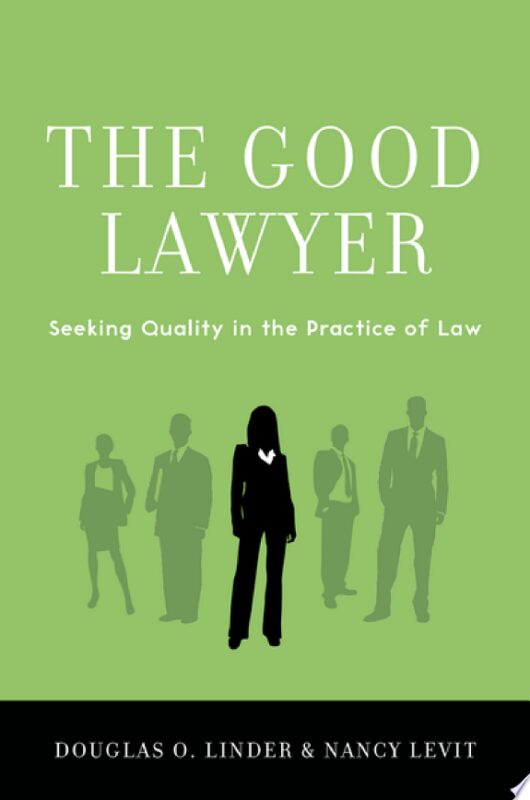“ANSWER ONLY THE QUESTION ASKED!”
In preparing for a deposition a lawyer (L) is often tempted to tell his client (C) to answer only the questions and not to elaborate at all. There are several good reasons for this.
First, without thinking ahead, C might give an answer that, upon reflection, he didn’t mean and would like to take back.
Second, if C begins to elaborate s/he may think that part of what s/he really wants to do is convince the lawyer taking of the deposition and thereby convince the opposing party that s/he is right. L’s preparatory instruction (or suggestion) is really an attempt to prevent this.
Third, instruction witnesses to answer only the precise question asked is a way to tell the witness to listen to the question asked…to concentrate on what the depositioner actually says.
Nevertheless, one wonders if this is always a good idea. Granted it is more than widely accepted that this is what should be done. It might even be a dogma of how witnesses should approach depositions and, similarly, a dogma as to how Cs must be “trained” to take depositions.
First, it should be limited to allow C to say “I don’t know” or “I don”t remember. These assertions are both answers to questions, while “I don’t understand the questions” is not.
Second, some witnesses are articulate and insightful enough to give more elaborate answers. Under some circumstances, this kind of answer should be encouraged; indeed, C should be “trained” (or taught how to do do it right. “Trained” is an awful word here. It makes clients sound inferior, and misses the fact that testifying is an art not a factory–assembly plant–job.
At the same time, and third, it should be remembered that some bright, articulate, witnesses can’t reliably say which is contrary to their true interests. It is also worth noting that some witnesses who are brilliant in their intelligence are not good conversationalists, “answerers,” or speakers. Some let their passions get the better of them. L and C need to think this matter out together in advance, and that often requires discussion, L must remember that C does not always realize who s/he is in this regard–or some to any of these regards–and may be confident of their own performance-to-be when, in fact, they are wrong about themselves and their performance characteristics. (Imagine Billie Jean King think she is an excellent player of the piccolo, or Donald Trump thinking pridefully about his playing the viola.)Setting aside the parenthetical attempt at humor, these can be subtle problems for L, though they are very important. Thought, joint thought, and discussion may well be advisable or necessary.,








Recent Comments